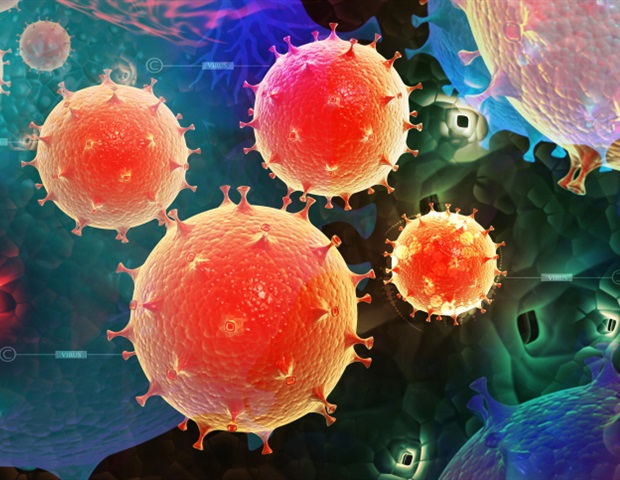A breakthrough for biomedical research promises new insight into immunotherapy development and disease modeling. Scientists at The University of Texas Health Science Center at San Antonio have created a humanized mouse model with a human immune system and a human-like gut microbiome that is capable of mounting specific antibody responses. The scientists were led by Paolo Casali, MD, University of Texas Ashbel Smith Professor and Distinguished Research Professor, Department of Microbiology, Immunology and Molecular Genetics in the Joe R.
and Teresa Lozano Long School of Medicine. Casali has five decades of biomedical research experience in immunology and microbiology and is a leading researcher in molecular genetics and epigenetics of the antibody response. The aim of the multi-year project, which will appear in the August 2024 issue of Nature Immunology , was to overcome limitations of currently available in vivo human models by creating a humanized mouse with a fully developed and functional human immune system.

Mice are widely used in biological and biomedical research because they are small, easy to handle, share many immune elements and biological properties with humans and are easily genetically modified. Many of the more than the 1,600 immune response mouse genes, however, are incongruent with their human equivalents, resulting in divergencies or deficiencies of mice as predictors of human immune responses. This made availability of a "humanized" mouse model that faithf.























